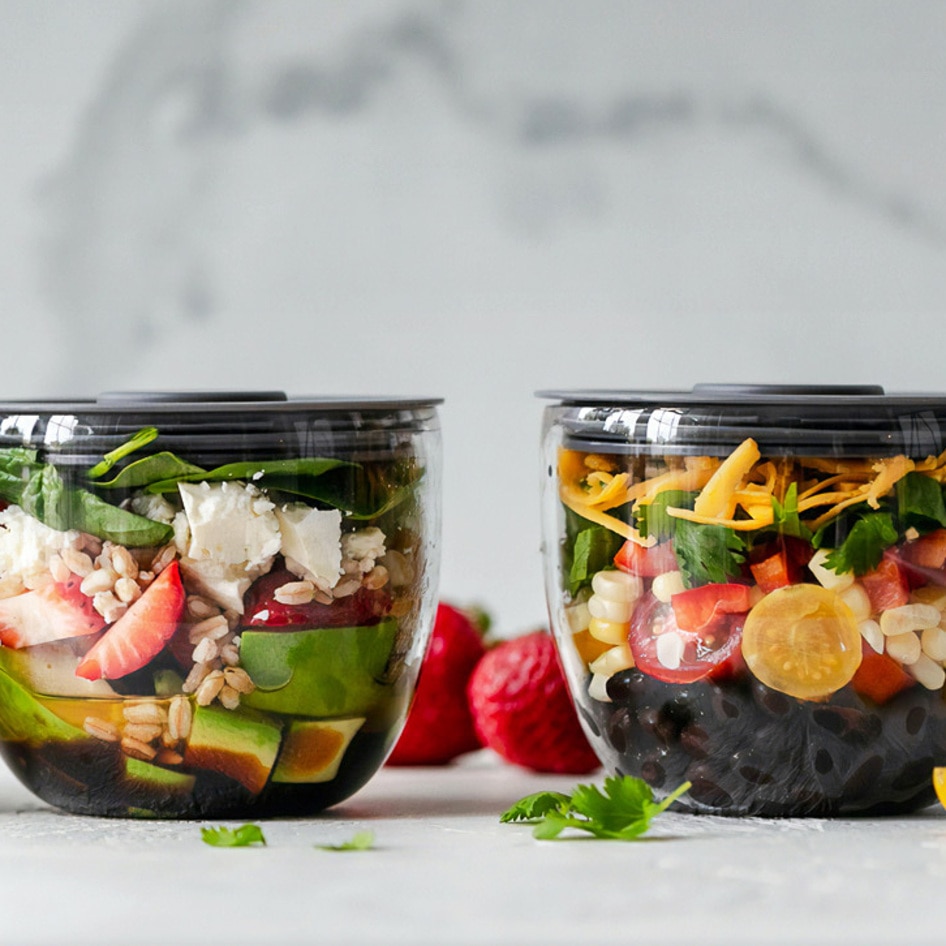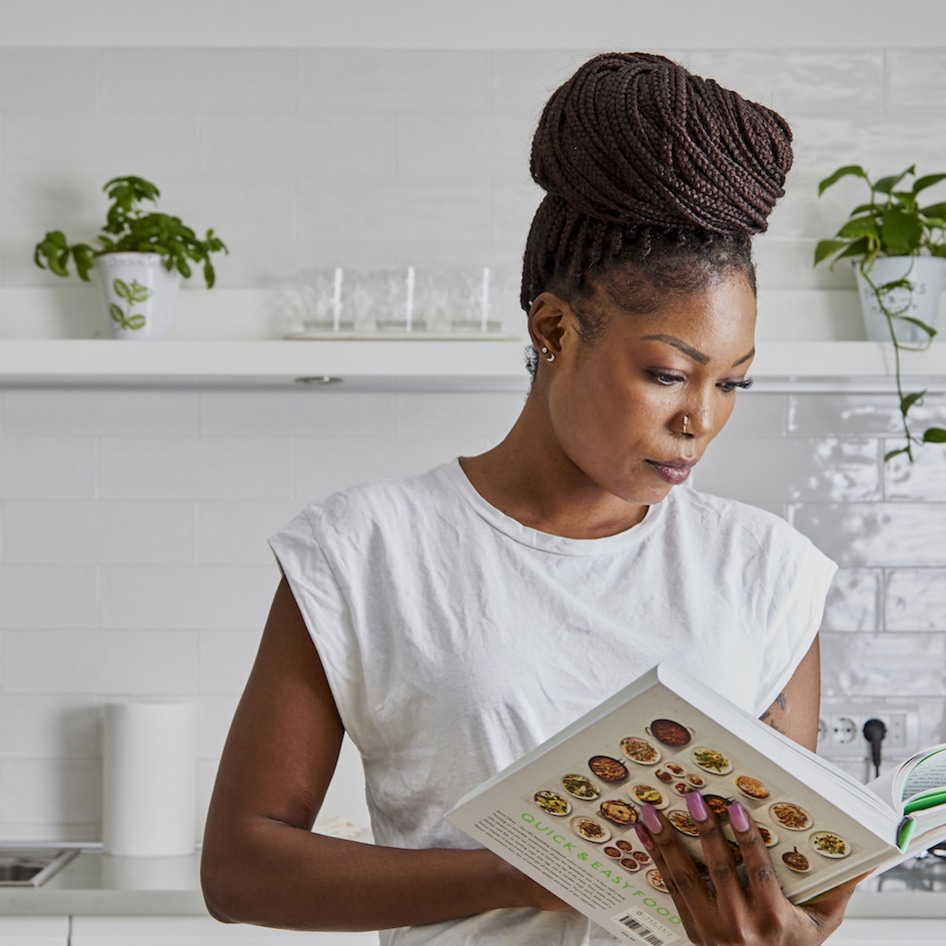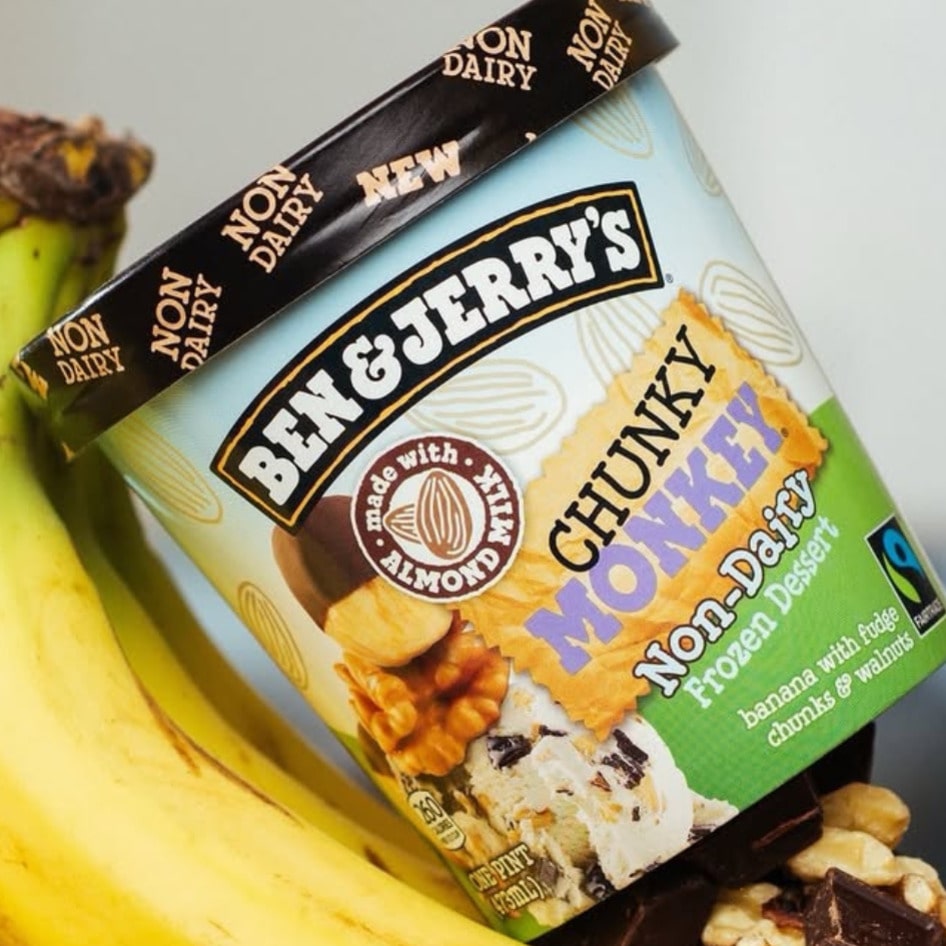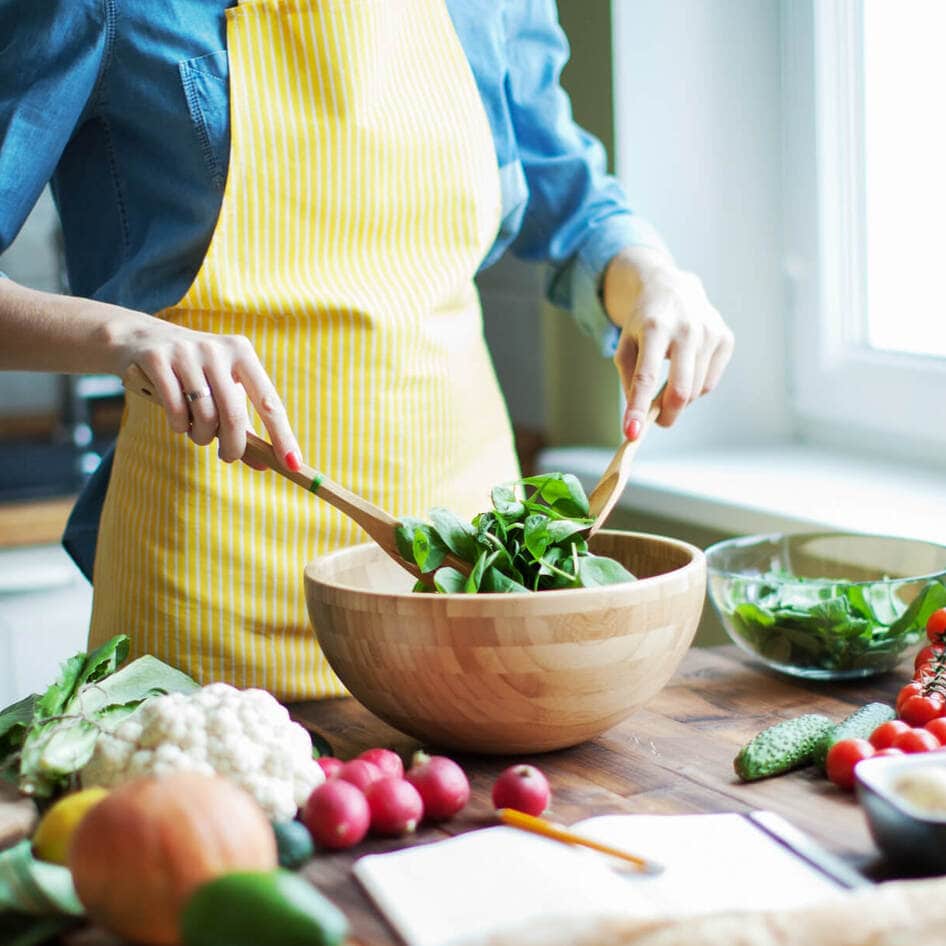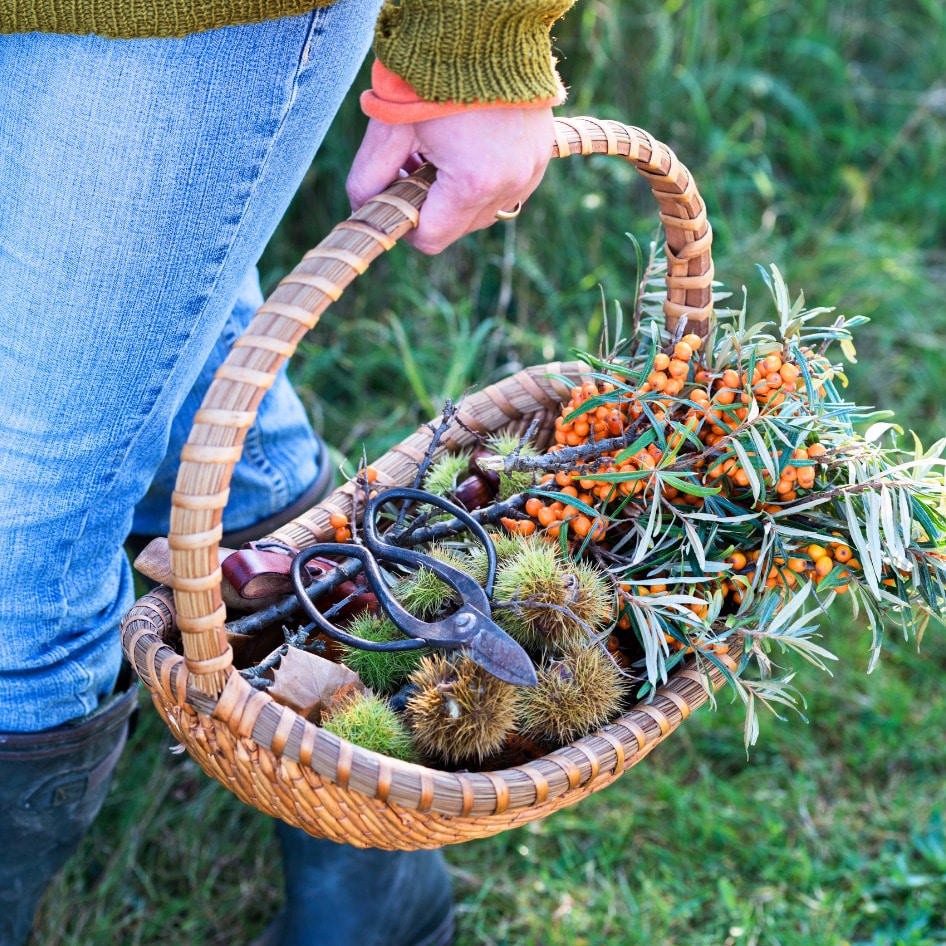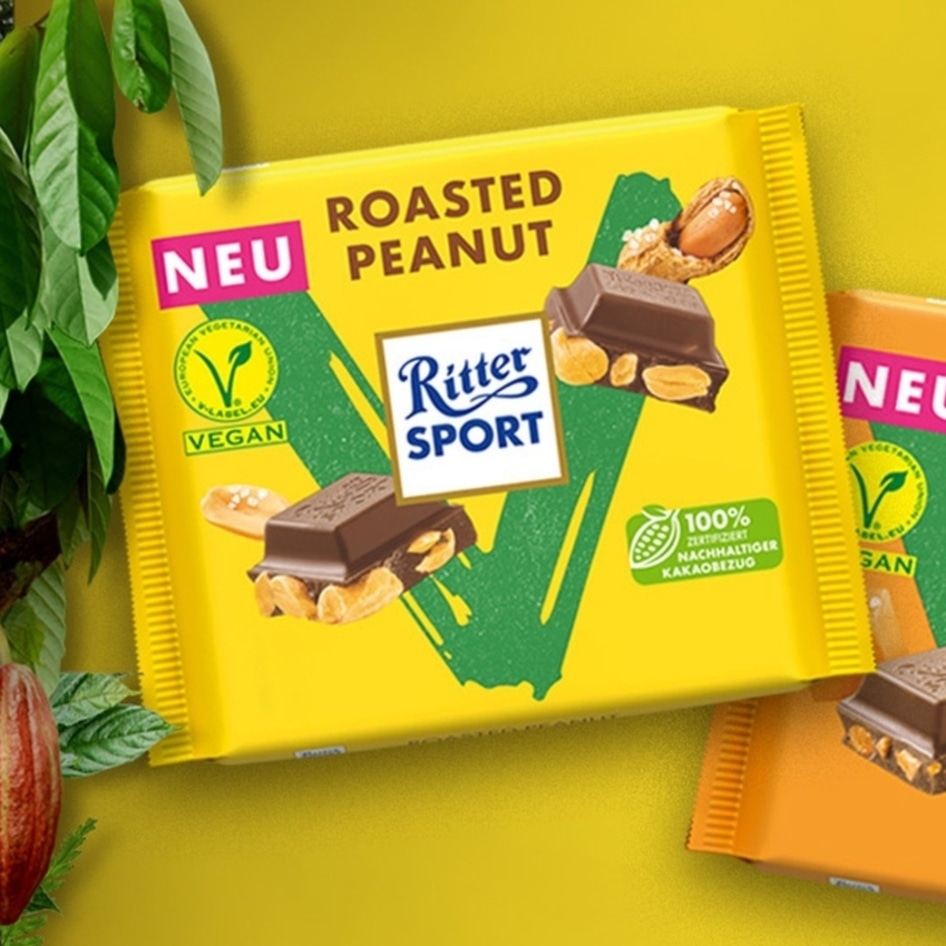It’s Never Too Late to Go Vegan
Over 50? No problem. Co-author of the just-released Never Too Late to Go Vegan, Patti Breitman shares the life-changing reasons why embracing veganism is good for anyone at any age.
February 23, 2014
While there is much literature being written about the ubiquitous millennials, co-authors Patti Breitman, Carol Adams, and Ginny Messina have penned a book for the over-50s. Many may ask, why at the age of 50, 60, or even 70 would anyone need to make such a drastic life change? Breitman says it is the life experience and wisdom over-50s bring to the table that sets them apart from their younger counterparts—and it seems they’re being left out of the conversation of finding lasting health and compassion through food.
In this exclusive interview with VegNews, Breitman answers more of our questions about the new book, Never Too Late to Go Vegan, and how to make the transition at any age.
VegNews: Why did you write Never Too Late to Go Vegan?
Patti Breitman: We wrote the book because the nutritional and social issues that affect people over 50 had not been directly addressed before. We wanted to reassure our readers, bust their notions of what aging looks like, show them how to prepare scrumptious food, and help them to rediscover one of the most life-affirming parts of themselves. That is what vegan living has done for us and for countless others. Carol, Ginny, and I have a combined 75+ years of vegan living, so we have a lot of experience to share.
VN: Why go vegan, especially for those over 50?
PB: Veganism is a simple and effective response to a series of complex, contemporary issues. More than a personal food choice, veganism is a step toward repairing our fragile planet, restoring a loving relationship with animals, and improving our health. After all, it’s a powerful way to reduce risk for heart disease and diabetes and possibly even cancer.
VN: What are some easy beginner tips for people over 50 ditching meat—or for people under 50 who have been eating meat for years?
PB: We devoted an entire chapter to veganizing dishes—making small changes to favorite recipes to replace the animal ingredients with vegan options. New vegans are often surprised to know that some of their favorite meals are already vegan or close to it: oatmeal topped with chopped walnuts, peanut butter and jelly sandwiches (or peanut butter and bananas for a healthier version), and pasta with marinara are all vegan. One easy beginner tip is replacing cow’s milk in recipes with plant milks made from soybeans, hempseed, or almonds—a very simple change that you’ll hardly even notice. You can also top veggie burritos with a commercial vegan cheese, or skip the cheese all together and use guacamole for a healthier option.
Sometimes people don’t know where to start, so we encourage them to simply start with their next meal. If that meal will be at a restaurant, look for Indian, Chinese, Mexican, Thai, Italian, African, or other international cuisines where you’ll find all kinds of great vegan choices.
VN: What advice would you give for dealing with family and friends resistant to the change?
PB: From interviews with over-50-year-old vegans, we know that this is a difficult topic and dedicated an entire chapter to relationships. We explain that the initial pushback is really not about you or even about the other person. We have all been conditioned to believe that the way we have eaten all our lives is the best way to eat. When you step outside that conditioned response to think for yourself and make wise choices, others are often thrown off balance because they do not understand or see their own conditioning.
If your veganism is met with less than approving acceptance, you can say, “I need you to know that I am going vegan for my health, the well-being of the animals, and the planet. I am asking for your support as I explore what this means for me.” Explain that you are not asking people to change. You might simply say something such as, “I learned what happened to animals and I couldn’t do it anymore.” The best advice is to remember why you are making this wise and compassionate choice, and direct your kindness also to those who care for you, even when they don’t (yet) understand your choice.
VN: What would you say is the biggest challenge when going vegan for those over 50?
PB: Dozens of people over 50 responded to our surveys and blog requests as we were writing the book, and we included many of those responses in the book. The biggest challenge seemed to be that some friends stopped inviting new vegans for meals. And since sharing meals and social support both contribute to good health, we offer plenty of advice in our book for how to avoid being uninvited. We encourage readers to emphasize that you value your relationships and friendships, and that you are happy to contribute a dish to any meal. Additionally, you can be proactive and invite people to your house and serve them food that they could probably imagine themselves preparing. You might make rice, quinoa, or pasta with sautéed veggies and toasted pine nuts, for example. Nothing fancy and nothing that would seem weird to your guests. Finally, we encourage new vegans to become comfortable in any restaurant, asking for what they need with kindness. When your friends see that you are comfortable and can take care of yourself, they will feel more comfortable themselves when they include you when dining out.
VN: What do you hope readers who pick up the book will learn from it?
PB: We wrote the book so that people over 50 feel confident and excited to go vegan. We want our readers to understand the nutritional benefits that follow when we choose foods from the plant kingdom, but also the powerful effect our choices have in the world. Many people in their 50s, 60s, 70s, and beyond mistakenly believe that their influence in the world is less than it was in the past. Veganism is like a lever in that small changes on our plates result in huge changes around the planet. We offer stories of others, stories from our own lives, advice from decades of vegan living, and a wide variety of recipes and meal ideas to help readers understand that choosing veganism is the right choice for them, at any age.
To learn more, visit the Never Too Late to Go Vegan website or Facebook page.
JUMP TO ... Latest News | Recipes | Guides | Health | Subscribe

